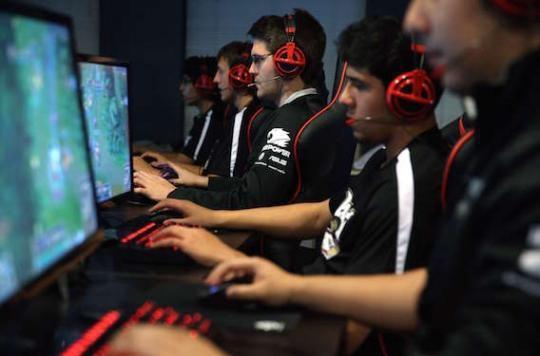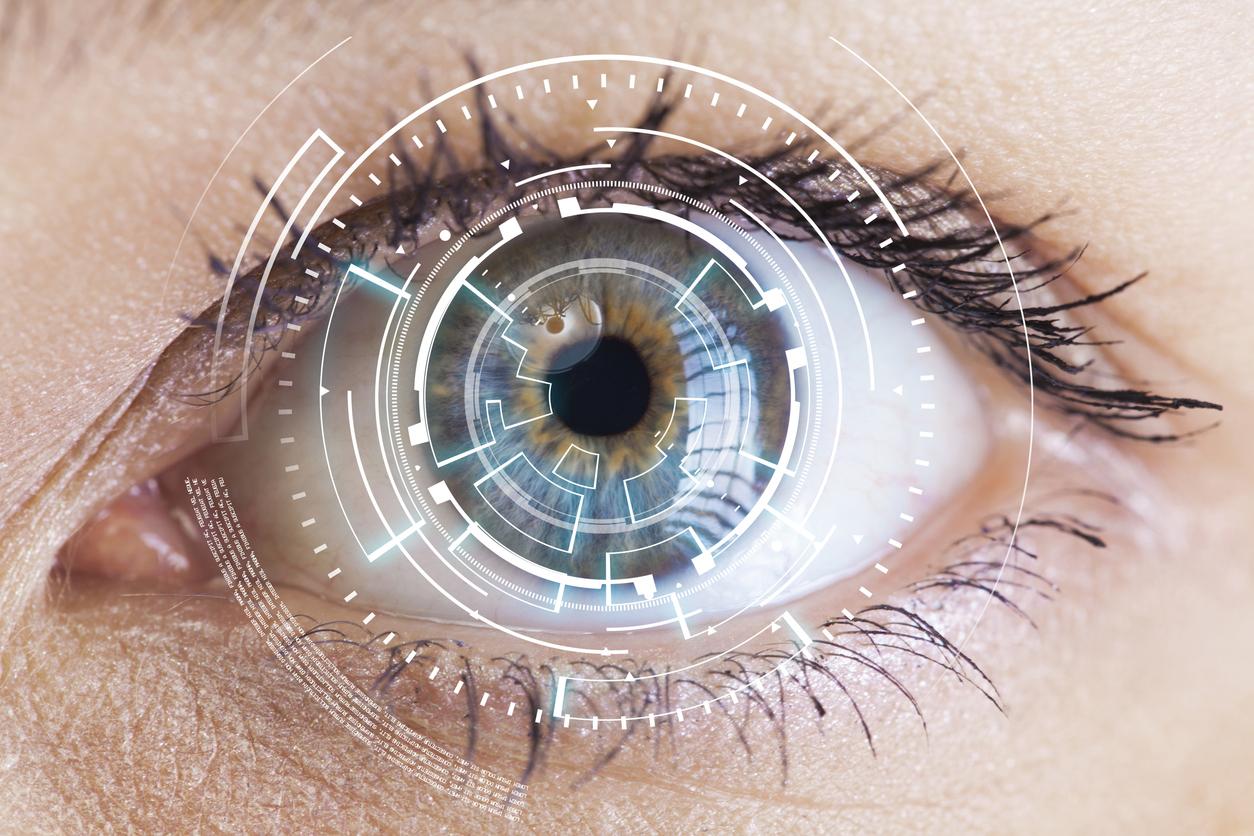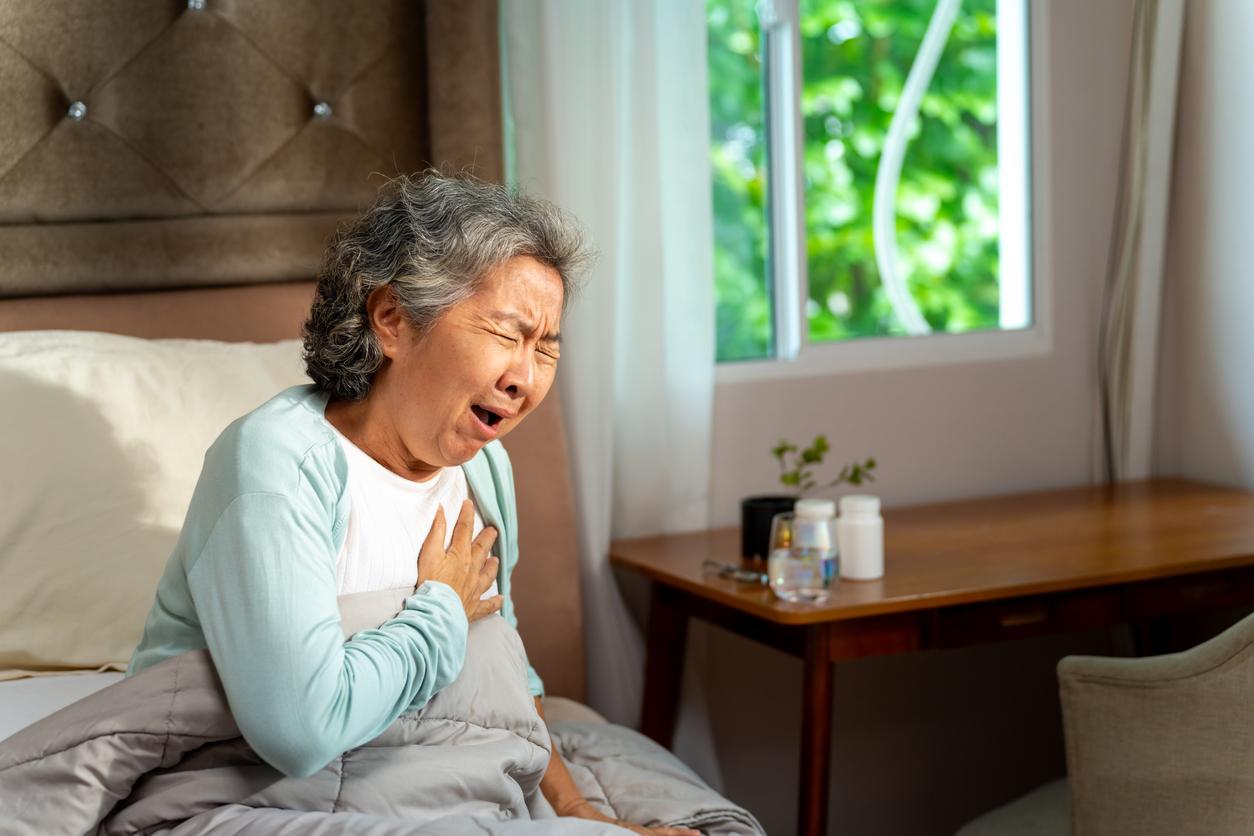A collaborative video game stimulates the recovery of physically handicapped people after a stroke. To make this discovery concrete, Imperial College researchers have designed a video game called Balloon Buddies.

Play to recover. A game was created to recover after a stroke. Indeed, “Balloon Buddies” is designed to allow healthy participants to play with a less skilled player.
To be as effective as possible, the game uses animations, sounds, and vibration feedback similar to conventional video games.
Balancing handicaps between players
It is a cooperative game that requires users to balance a ball on a beam that is lifted at each end by balloons inflated by each player. The object of the game is to change the tilt of the beam so that the ball collides with moving targets to collect points. Control is made more difficult for the healthy player to give him a certain handicap.
Researchers have shown that this type of collaboration is more rewarding for the stroke-impaired partner, more difficult for the healthy partner, and overall more fun for both because they must continually work together to score points.
Federate to progress
The team tested Balloon Buddies by having patients play in single-player mode and then partnering with healthy volunteers. They found that the patient’s performance was improved when he played with someone healthy.
The results published in the Journal of NeuroEngineering and Rehabilitation suggest that by increasing engagement with healthy people, patients are more likely to increase the effort they put into rehabilitation.
Researchers aim to further develop this game from a multiplayer concept perspective. “Video games are a great way to provide repetitive exercise to help patients recover from debilitating illnesses,” said Michael Mace, the study’s lead author. “We developed Balloon Buddy so that they can train with their friends, family or caregivers in a collaborative and fun way for 2”.
The team will now conduct a larger study to find out if patients are more motivated to train for longer periods of time.

.















